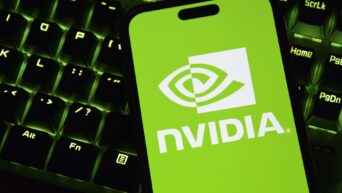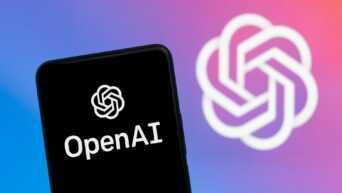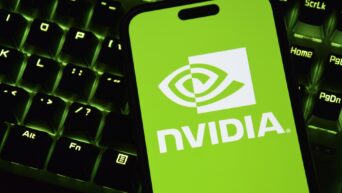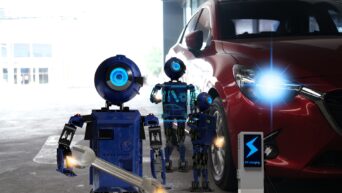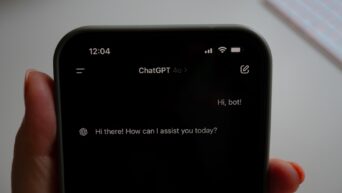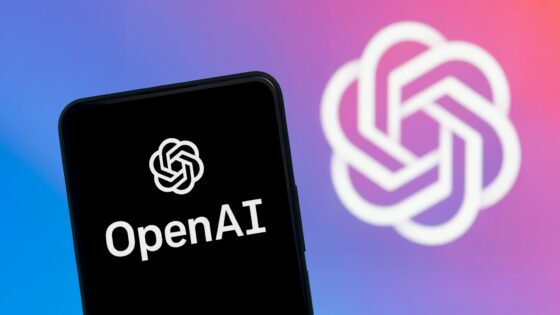When Taylor strapped a GoPro to her forehead for a week this summer, she wasn’t trying to go viral or film a new art project — she was helping train the next generation of AI. Alongside her roommate, she spent her days painting, sculpting, and tidying up their apartment, all while recording every move. It wasn’t glamorous work — the headgear left red marks on her skin, and syncing footage from multiple angles was no small feat — but it paid well and let her spend her days doing what she loved: making art.
Taylor was part of a growing wave of data freelancers working for AI companies like Turing, which is building an advanced vision model trained entirely on video. The company’s goal isn’t to make digital painters but to teach AI systems how to see and understand human activity — how people cook, clean, or build things. To do that, Turing hires people from a wide range of hands-on professions: artists, chefs, electricians, and construction workers.
As Sudarshan Sivaraman, Turing’s Chief AGI Officer, explains, this approach helps ensure the data truly reflects the diversity of human life. “We’re doing it for so many different kinds of blue-collar work so that we have a diversity of data in the pre-training phase,” he says. The result? AI that can actually comprehend real-world tasks — not just images pulled from the internet.
The New Data Gold Rush
In the early days of AI, companies relied on scraping data from the web — text, photos, and videos from anyone and everyone. But those days are fading fast. As models get smarter, the quality of training data has become the real differentiator. Instead of relying on massive but messy datasets, startups are focusing on carefully collected, proprietary data — and they’re often doing it themselves.
Take Fyxer, an AI company that helps professionals manage their overflowing inboxes. Founder Richard Hollingsworth learned early that data quality outweighed sheer quantity. “We realized that the quality of the data, not the quantity, is what really defines the performance,” he says.
In Fyxer’s early days, engineers were sometimes outnumbered by executive assistants — the people training the AI to understand which emails deserved a reply and which could be ignored. This human expertise became the company’s secret weapon.
Why DIY Data Collection Matters
Collecting data in-house might sound tedious, but it’s turning into one of the strongest competitive advantages in AI. Synthetic data — computer-generated versions of real-world examples — can expand datasets dramatically, but it also amplifies any mistakes or biases in the original data. As Turing’s Sivaraman puts it, “If the pre-training data itself is not of good quality, then whatever you do with synthetic data is also not going to be of good quality.”
In other words, the more realistic your base data, the better your AI becomes — and the less it hallucinates or misinterprets the world.
Beyond quality, there’s a strategic reason startups are taking data collection into their own hands: it’s a moat. Anyone can use an open-source AI model, but not everyone can recreate a massive, expertly curated dataset built from hundreds of hours of human labor. That data — and the hard-earned know-how that comes with gathering it — is becoming the new form of intellectual property in the AI industry.
The Human Touch Behind the Machines
The irony isn’t lost on anyone: even as AI becomes more advanced, its progress depends heavily on human effort — often from artists, tradespeople, and office workers who bring their real-world expertise to the table.
For Taylor, the data freelancer, the job was equal parts creative and grueling. “You’d get headaches,” she says, laughing. “You take it off and there’s just a red square on your forehead.” But she also found satisfaction in knowing that her day-to-day activities — making art, cooking breakfast, washing dishes — were helping shape the next generation of intelligent machines.
A Future Built on Better Data
AI startups like Turing and Fyxer are proving that the future of artificial intelligence won’t just be built on powerful algorithms — it’ll be built on authentic, human-centered data.
In an industry obsessed with scale, they’re betting on something smaller, smarter, and more personal. Whether it’s a chef perfecting a dish or an assistant sorting through emails, every action captured helps make AI a little more grounded, a little more capable, and, in a strange way, a little more human.


